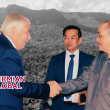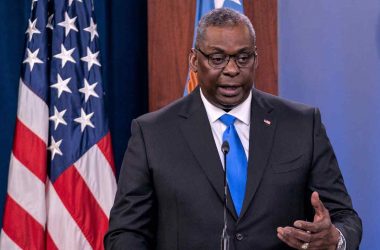Transparency International recently announced its 2014 Corruption Perceptions Index. First launched in 1995, the CPI measures the perceived levels of public sector corruption in 175 countries and territories. The CPI is a combination of surveys and assessments of corruption by reputable institutions. The index does not, however, use quantitative data such as number of bribes reported, prosecutions or corruption court cases.
Malaysia has managed to obtain a country rank of 50 out of 175, positioning itself as the top 29% cleanest country in the world according to CPI 2014. Comparing Malaysia to ASEAN countries, Malaysia ranks 2nd under Singapore and leaving behind Philipines and Thailand with a 35 rank difference. As countries like Singapore and China drops the chart, Malaysia has managed to climb up by 3 positions in 2014 compared to CPI 2013.
source: http://transparency.org.my/wp-content/uploads/2014/12/CPI-2014-Presentation_Final.pdf)
Transparency International-Malaysia highlighted the need for Malaysia’s anti-corruption reform to be translated into political actions by the government. The government’s framework for combatting corruption has been outlined by the National Key Result Area (NKRA) Against Corruption. The 18 proposed initiatives has provided a comprehensive outline to help reduce corruption and increase Malaysia’s rank in the Corruption Perception Index as a benchmark. The Malaysian government’s initiative of reducing time delay for the National Audit Report as well as organizing an open townhall session to present the findings of the Audit Report are some of the commendable efforts in Malaysia’s quest for transparency.
I welcome Prime Minister Datuk Seri Najib Razak’s call for a new big data revolution in Malaysia. Malaysia has been far behind in the development of data analytical technologies as well as the data scientists to leverage those technologies. The way forward for a more transparent government is for Malaysia to participate in a large scale, open data project; where political financing information are presented to the people in an open and transparent manner.
Indeed, a number of the initiatives in NKRA Against Corruption has been problematic and I would comment that the problem might lie in the participation of political parties themselves. As the Malaysian Corruption Barometer 2014 indicated, political parties are perceived by Malaysians as extremely corrupt. Due to lack of guidelines and transparency, political contributions/donations may be kept by “middleman” accounts instead of party accounts. This is a problem as the lack of transparency in political financing opens the doors to chronism and other corrupted practices by both Pakatan Rakyat and Barisan Nasional.
The only way forward is for both Pakatan Rakyat and Barisan Nasional is to stay true to their call for cleaner politics and take up the political financing initiatives that has been brought forth by the government. Both political divides have to comply with the initiatives outlined by NKRA Against Corruption. There is no more room for rhetorics in order for Malaysia to move forward towards cleaner politics.










